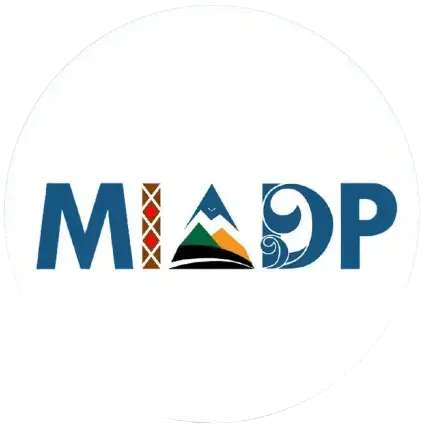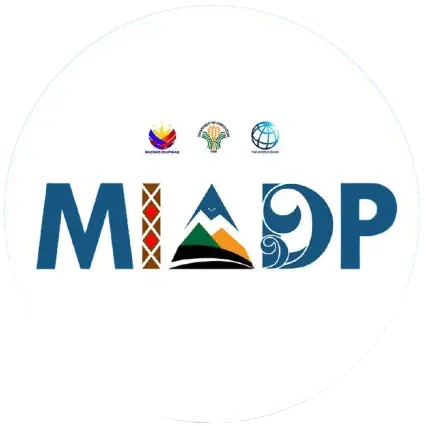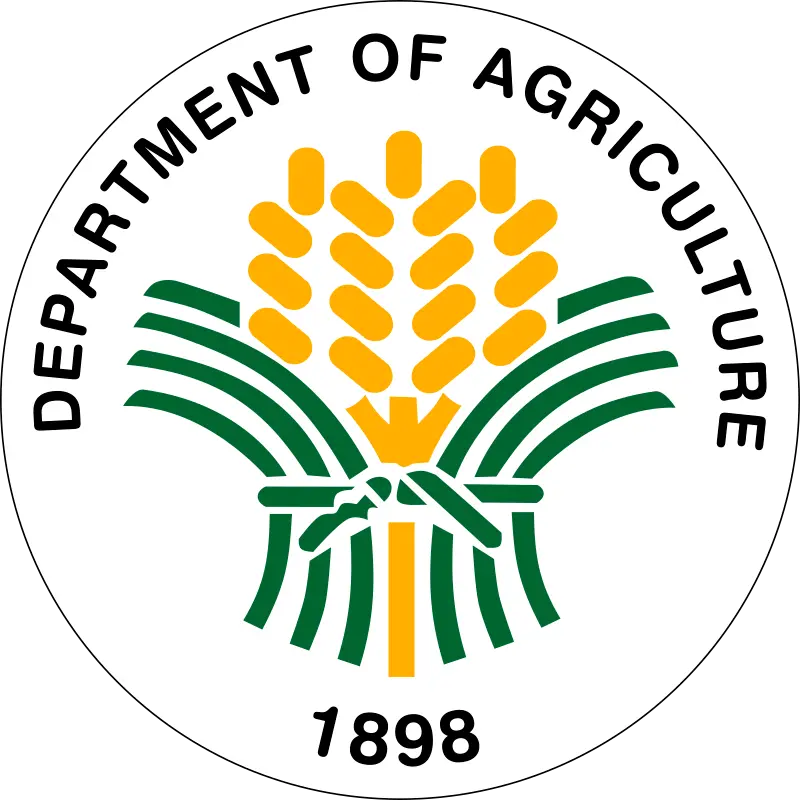Malita, Davao Occidental is known for various cultural arts and the heritage of its people and tribes (minorityright.org).
The indigenous people or IP community primarily Blaan and Tagakaulo tribes (93%) boast significant land resources awarded through a Certificate of Ancestral Domain Title (CADT) spanning more than 42,000 hectares planted with coffee, corn, coconut, abaca, and durian. However, productivity remains low due to high costs and lack of technology for erosion control, particularly on sloping terrain. This vulnerability is aggravated by natural disasters and climate change. Though, with only a small portion suitable for intensive agriculture due to unfavorable slopes, the AD is abundant with freshwater crucial for agriculture-based livelihoods.
That is why, the coming of the support through the World-Bank-assisted project, Mindanao Inclusive Agriculture Development Project (MIADP) is timely to address the need for increased productivity.
The series of community consultations among Indigenous Peoples Organizations (IPOs) and women’s groups held this year, the upcoming capacity buildings for organizational strengthening and provisions of farm materials, and equipment, will boost its prioritized Coffee Processing and Marketing enterprise in Brgy. Danwata, Malita, Davao Occidental. The additional MIADP support through the infrastructure project will help improve road conditions and construct farm-to-market roads crucial for efficient logistics and reduced product damage.
These combined efforts aim to establish a clear value chain for various commodities, not limited to coffee, and ultimately transform the ancestral domain’s resources into sustainable and productive ventures for the benefit of the said IP communities in Region XI.
Indigenous Peoples Provincial Tribal Chieftain Fulong Marcelino D. San explains that the tribe longs for the MIADP saying,
“Naa puy naka eskwela sa amoa, mga 15-20%, ang kadaghanan kutob ra grade 6 niya mag minyo na. So ang bata mangita ug trabaho, niya maminyuan. Damgo nako sa among tribu nga muasenso niya di na mi mailugan sa among yutang kabilin.” (There are those who went to school, but only 15-20%, the rest only achieved grade 6. Our children are forced to get married especially when they start working. My dream for my tribes is to be released from the grip of poverty)
He added that it is so painful for them that out of poverty, they are forced to sell their ancestral domain. “Diha sa among dapit lang sa Little Baguio, naa na sa may 50%. Dili na namo gusto na mabaligya ang nabilin. Kung abugon pa mi diha, wala na mi kaadtuan kundili musukol nalang sa gobyerno…ma correct sad unta mga historical injustices sa among kaliwat.” (In Little Baguio alone, 50% of the ancestral domain is already sold. If we will be taken out of the domain, we cannot anymore do something except to fight back against the government)
Finally, San hopes that MIADP in the long run will also offer a scholarship program. “Unta naa sad educational aspect kay kung maka eskwela ra g’yud mi, di na jud mabaligya. Mao nay concern sa among tribu…Kining MIADP haum gýud ni sa amoa.” (I hope MIADP will have its scholarship program so that the selling of our lands will be stopped because it will be clarified on us the importance of our ancestral domain. That is the concern of our tribe. This MIADP is really for us, fit to our needs)
The Malita AD tribes formulated the ADSDPP in 2018 and enhanced it in 2022. With a total land area of 42, 435.90 ha, it has a population of 44, 280.
MIADP is a six-year project of the Department of Agriculture (DA) that aims to sustainably increase agricultural productivity, resiliency, and access to markets and services of organized farmer and fisherfolk groups among the indigenous cultural communities/ indigenous peoples (ICCs/IPs) in selected Ancestral Domains (ADs) and for selected commodity value chains in Mindanao. It has four components: Ancestral Domain Planning and Social Preparation, Resilient Ancestral Domain Agri-Fisheries Infrastructure, Ancestral Domain Agri-Fisheries Production and Enterprise Development, and Project Management and Support, Monitoring, and Evaluation.
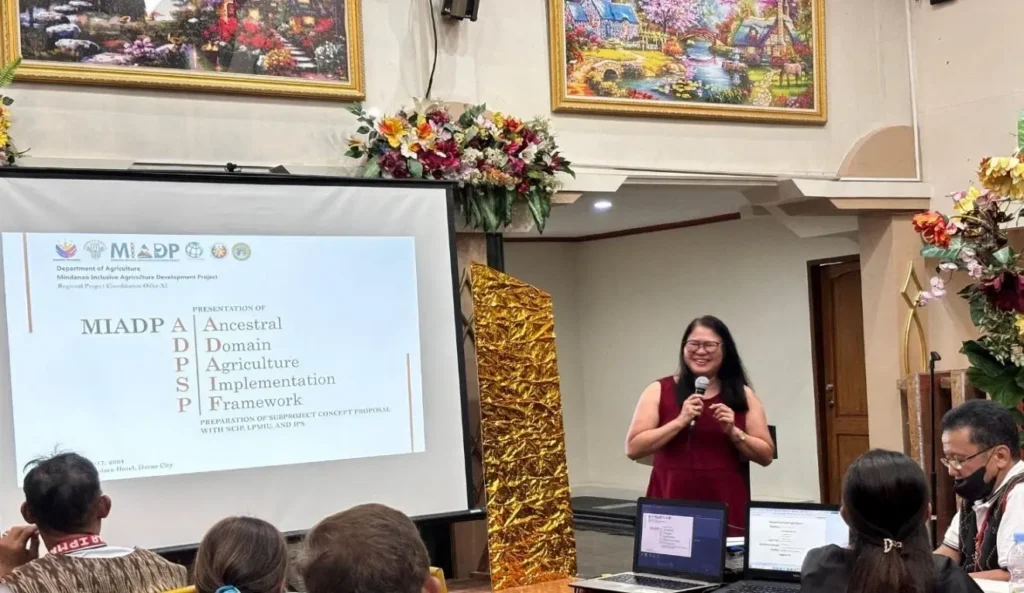
ADAIF Validation. Engr. Cristy Cecilia P. Polido, Deputy Project Director of the MIADP Project Support Office (PSO) shares strategic insights to ensure technical completeness in the TSP-packaged Ancestral Domain Agricultural Implementation Framework for Region XI, particularly of Malita’s Ancestral Domains. Attendees of the knowledge sharing in Davao City, May 16-17, 2024, were the Indigenous Political Structure (IPS) of the Blaan Tagakaulo Indigenous Cultural Communities (ICCs)/Indigenous Peoples (IPs) of Malita, Davao Occidental led by Fulong Marcelino D. San. PHOTO: MIADP RPCO XI FB page
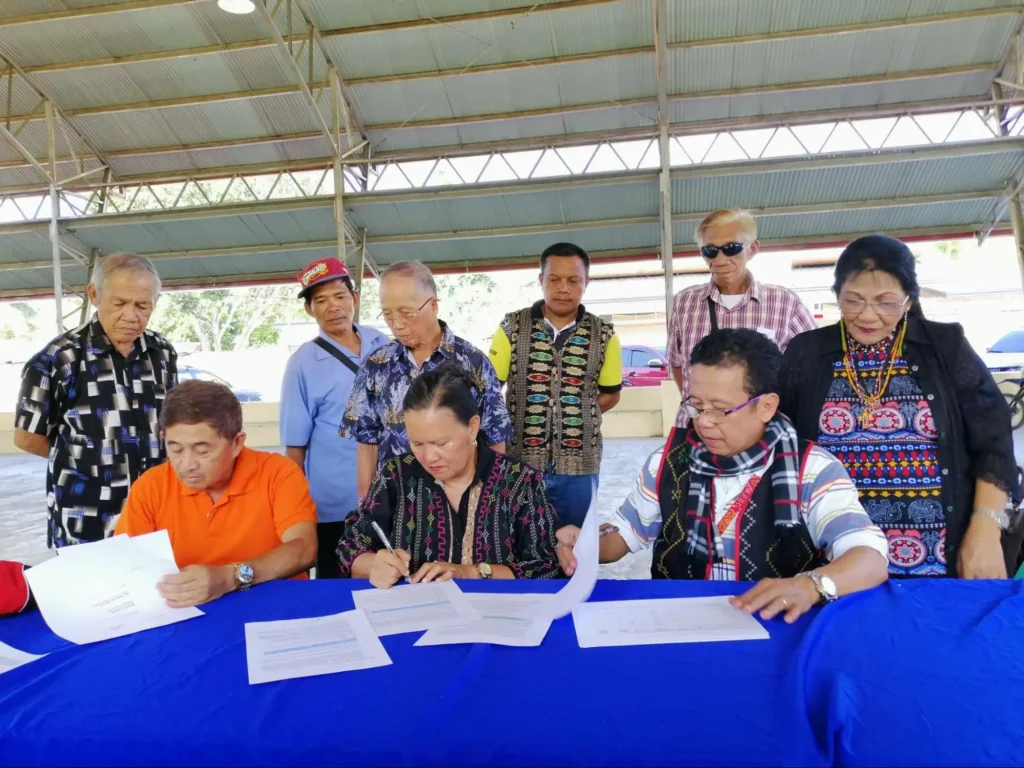
SIGNING OF ADAIF. After technical discussions and consultations among project partners, Malita’s Blaan and Tagakaulo Tribes’ IPS leaders (L-R), Fulong Marcelino D. San and Bae Norma Cabal affix signatures on the tables inserted in the Ancestral Domain Agriculture Implementation Framework, in Malita, Davao Occidental, July 31, 2024. PHOTO: FEDERICO CUTAMORA
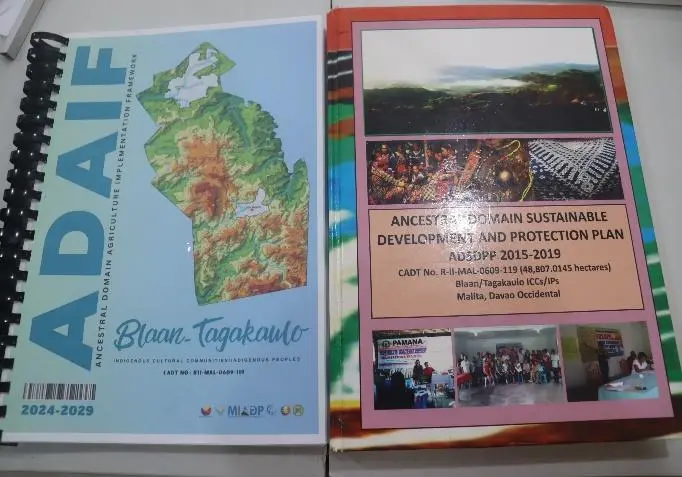
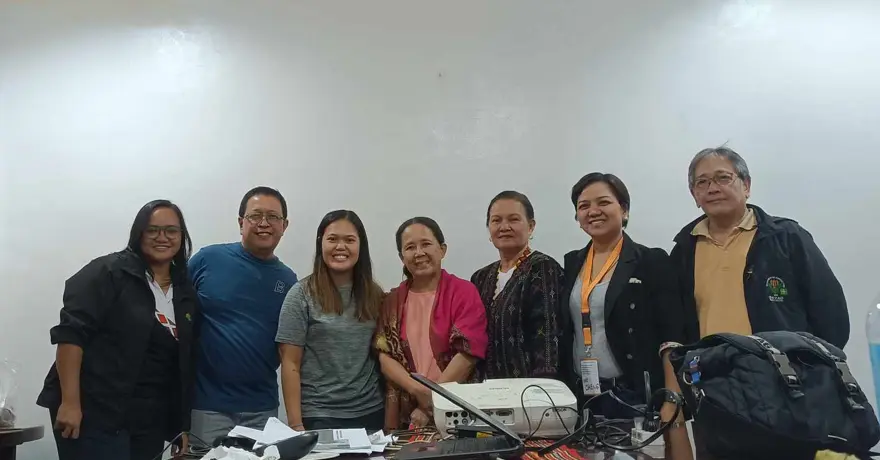
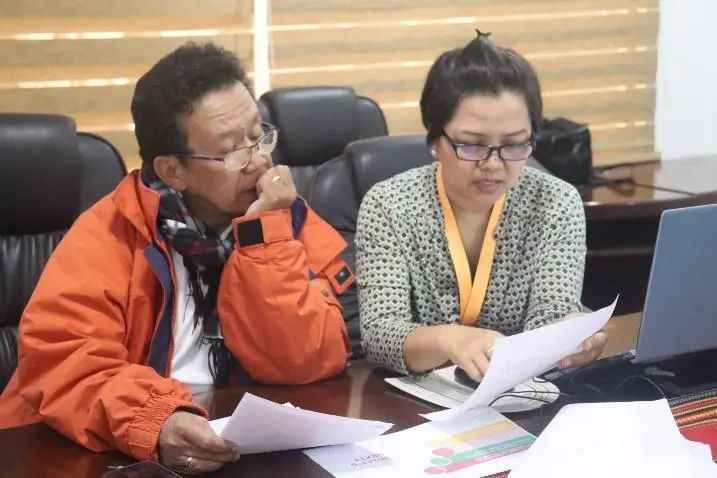
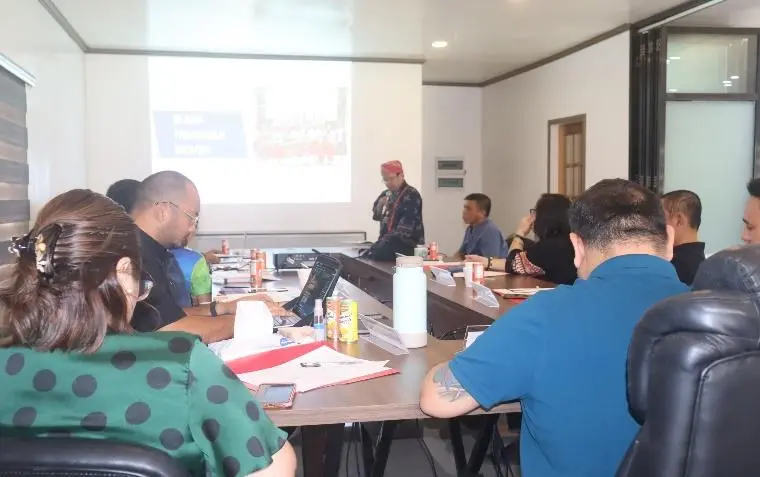
IPS coaching and presentation of the ADAIF and concept notes to the Provincial Development Council of Davao Occidental, on September 12, 16, and 17, 2024. PHOTOS: RPCO XI | CKM File
References
Ancestral Domain Sustainable and Protection Plan, Blaan-Tagakaulo, 2022
Ancestral Domain Agriculture Implementation Framework (ADAIF), 2024
Indigenous peoples in the Philippines. Retrieved 09 August 2024 from https://minorityrights.orgMIADP facts. Retrieved 09 August 2024 from https://www.da.gov.ph
